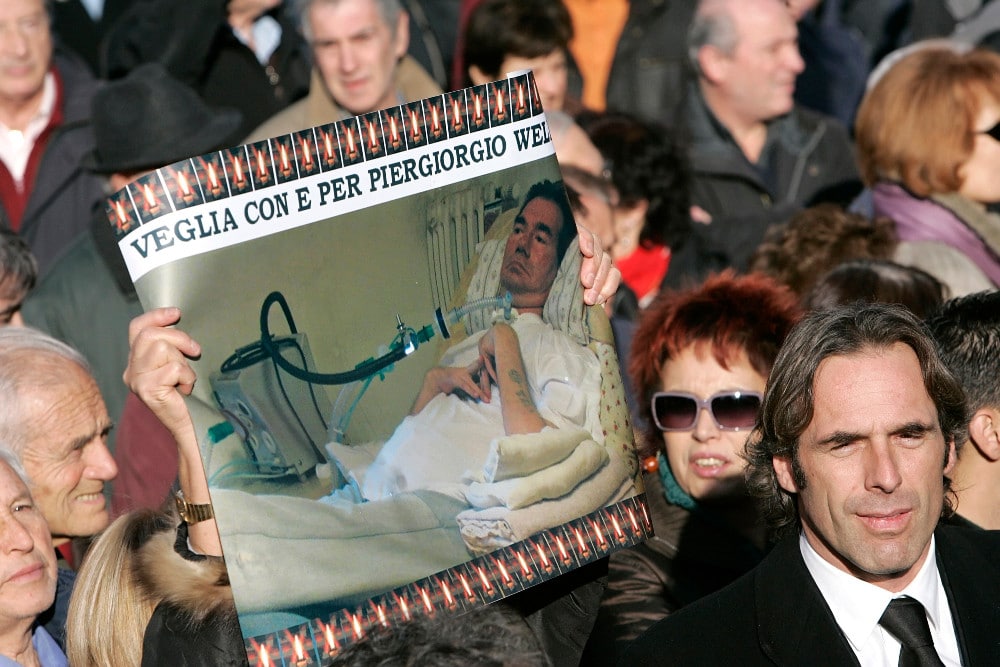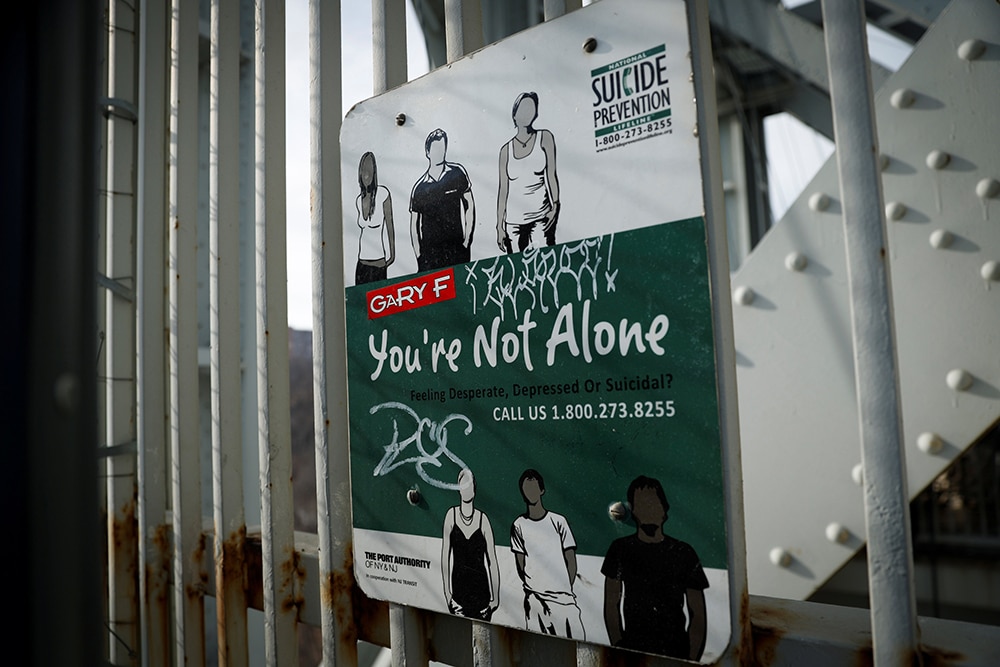ROME (CNS) — Italy’s Constitutional Court has blocked a national referendum on legalizing euthanasia, saying it would violate constitutional protections of human life.
The court, which ruled in 2019 against punishing a physician for assisting with the death of a terminally ill patient experiencing intolerable suffering, had urged parliament to draft clear legislation regulating euthanasia and assisted suicide.
But a delay in parliamentary action led a coalition of right-to-die groups to launch a drive to collect signatures to put a euthanasia referendum on the ballot. The drive collected more than 1 million signatures, and the supreme court declared almost 550,000 of them valid — more than what was needed to have the question reviewed by the Constitutional Court.
The referendum would have modified Italian law so that causing anyone’s death with his or her consent would no longer be punishable with a prison term of six to 15 years. Instead, the only acts of euthanasia or assisted suicide that would remain punishable would be those involving persons under the age of 18, persons coerced into giving consent or those incapable of giving consent because of mental infirmity or being under the influence of alcohol or drugs.
While the Constitutional Court’s full ruling and explanations were not published immediately, its press office released a statement saying, “The court deemed the referendum question inadmissible because, following the repeal, albeit partial, of the law on the killing of a consenting party, which is the purpose of the question, the constitutionally necessary minimum protection of human life in general, and of weak and vulnerable persons in particular, would not be preserved.”
Jacopo Coghe, president of Italy’s “Pro Vita e Famiglia” group, praised the decision, saying, “A deadly drift has been foiled but there are still pressures in favor of euthanasia that parliament must avert. The court has indicated a minimum level of protection of inviolable and fragile human life, and we believe that the (parliamentary) project on assisted suicide violates that minimum level.”
The parliament, he said, should respond in a way that “invests in palliative care and helps the suffering to live with dignity, and not to be killed.”
In a video posted online after the decision was announced, Marco Cappato, one of the leading proponents of the referendum, said, “I’m very sorry for people who will still have to endure a condition of unbearable suffering against their will,” but the supporters of euthanasia and assisted dying will continue to push for a law.







